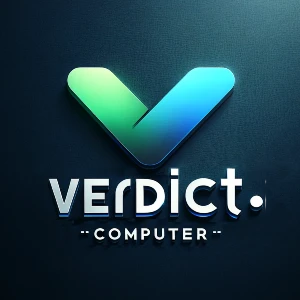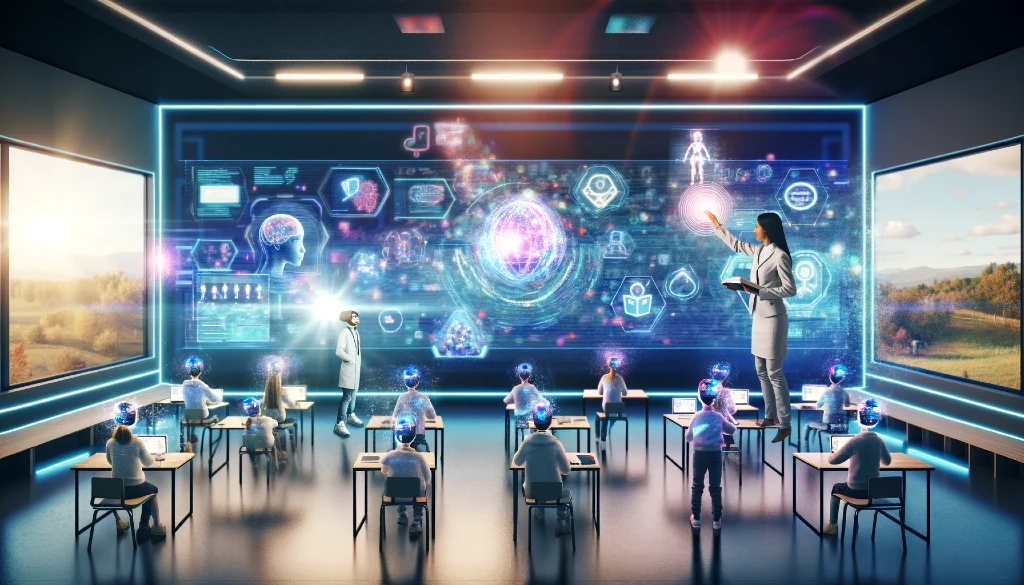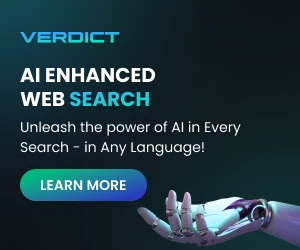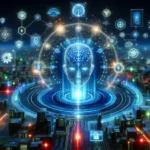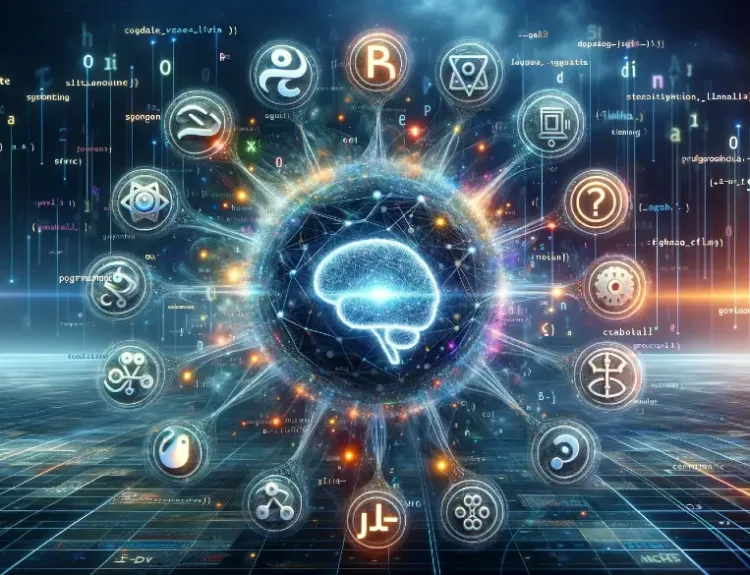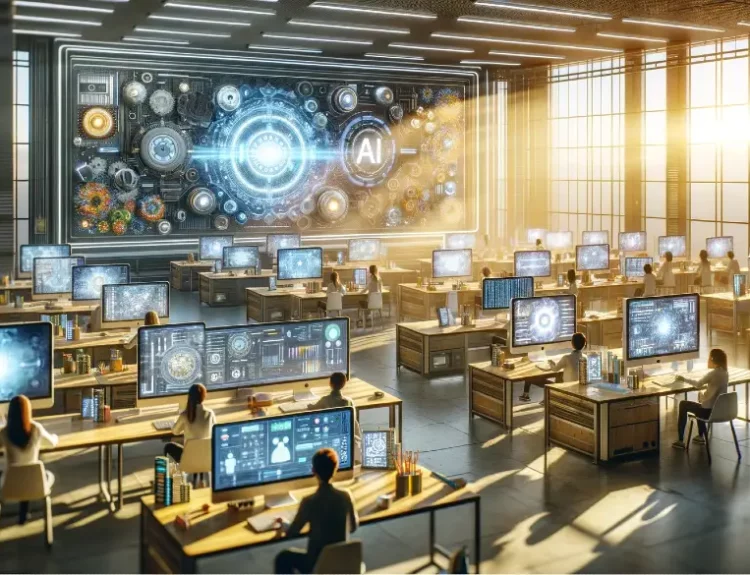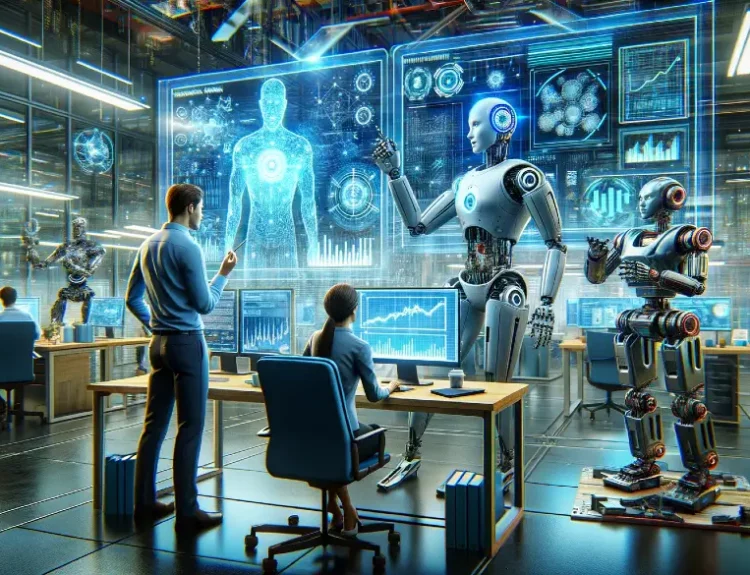Introduction
In a world where knowledge is power and education is the key to unlocking limitless possibilities, the role of technology has never been more pivotal. Imagine a classroom where every student receives personalized attention, where learning is tailored to individual needs and abilities, and where the boundaries of traditional education are transcended by the boundless potential of artificial intelligence (AI).
Welcome to the dawn of a new era in education—where minds are empowered, horizons are expanded, and the very fabric of learning is transformed by the revolutionary capabilities of AI. As we embark on this journey into the heart of AI-powered education, prepare to be captivated by the stories of innovation, the insights of experts, and the transformative impact of technology on the minds of tomorrow.
Join us as we unravel the mysteries and unveil the possibilities of AI-powered education, where every learner is empowered to reach their full potential, and where the future of learning knows no bounds. So, dear reader, strap in and prepare to embark on an extraordinary adventure—a journey into the heart of Empowering Minds: AI-Powered Education Unleashed.
AI in Education: The Fundamentals
In the dynamic landscape of education, artificial intelligence (AI) emerges as a powerful catalyst for transformation, revolutionizing the way we teach and learn. But what exactly are the fundamentals of AI in education, and how does it reshape traditional educational paradigms?
At its core, AI in education encompasses a spectrum of technologies and methodologies aimed at enhancing learning experiences, improving student outcomes, and personalizing education for each learner. From intelligent tutoring systems to adaptive learning platforms, AI empowers educators to tailor instruction to individual needs, identify areas for improvement, and provide targeted support where it’s needed most.
By harnessing the power of machine learning, natural language processing, and data analytics, AI enables educators to unlock new insights into student progress, preferences, and learning styles. This deep understanding of student needs allows for more effective instructional strategies, leading to improved engagement, retention, and academic success.
Next-Generation Education with AI
In an era defined by rapid technological advancement and unprecedented access to information, the concept of education is undergoing a profound evolution. Enter next-generation education powered by artificial intelligence (AI)—a paradigm shift in how we teach, learn, and interact with knowledge.
At its core, next-generation education with AI is characterized by personalized learning experiences, adaptive curriculum design, and data-driven decision-making. By leveraging AI algorithms and predictive analytics, educators can tailor instruction to meet the unique needs and preferences of each student, fostering deeper engagement, greater motivation, and enhanced academic achievement.
But the benefits of next-generation education extend beyond the classroom. AI enables educators to scale their impact, reaching learners across geographic boundaries and cultural divides. Additionally, AI-powered educational platforms offer unprecedented opportunities for collaboration, creativity, and critical thinking, preparing students for success in an increasingly complex and interconnected world.
Advancements in AI-Based Education Solutions
In the relentless pursuit of educational excellence, the integration of artificial intelligence (AI) into learning environments continues to evolve, yielding groundbreaking advancements in educational technology. But what are some of the most notable advancements in AI-based education solutions, and how do they shape the future of learning?
From intelligent tutoring systems to virtual reality simulations, AI-based education solutions offer a diverse array of tools and resources designed to enhance student engagement, facilitate active learning, and support differentiated instruction. These solutions leverage AI algorithms to analyze student data, identify learning patterns, and deliver personalized feedback and support in real-time.
But perhaps the most significant advancement in AI-based education solutions lies in their ability to foster lifelong learning and skill development. By providing learners with access to adaptive learning pathways, microlearning modules, and personalized study plans, AI empowers individuals to pursue their educational goals at their own pace and on their own terms.
The Role of AI in Computer-Based Learning
In the digital age, where technology permeates every aspect of our lives, the role of artificial intelligence (AI) in computer-based learning is more important than ever before. But what exactly is the role of AI in computer-based learning, and how does it shape the educational experience for students and educators alike?
At its core, AI in computer-based learning enables educators to create dynamic and interactive learning environments that cater to the diverse needs and preferences of students. From intelligent tutoring systems to gamified learning platforms, AI-powered tools and resources empower learners to engage with course material in meaningful and immersive ways, fostering deeper understanding and retention.
But the role of AI in computer-based learning extends beyond instructional design—it also encompasses student assessment, feedback, and progress tracking. By leveraging AI algorithms to analyze student performance data, educators can gain valuable insights into student learning outcomes, identify areas for improvement, and provide targeted support where it’s needed most.
Leveraging AI for Educational Innovation
In the ever-evolving landscape of education, innovation is the driving force behind transformative change. Enter artificial intelligence (AI)—a powerful tool that empowers educators to reimagine traditional teaching methods, personalize learning experiences, and unlock new pathways to educational excellence.
At its core, leveraging AI for educational innovation involves harnessing the power of machine learning, natural language processing, and data analytics to create dynamic and adaptive learning environments. From intelligent tutoring systems to personalized learning platforms, AI enables educators to tailor instruction to the unique needs and preferences of each student, fostering deeper engagement, greater motivation, and improved academic outcomes.
But the impact of AI on educational innovation extends beyond the classroom. AI-powered educational technologies offer unprecedented opportunities for collaboration, creativity, and critical thinking, preparing students for success in an increasingly complex and interconnected world. By leveraging AI to automate administrative tasks, streamline workflow processes, and analyze student data, educators can focus their time and energy on what matters most—inspiring, guiding, and empowering the next generation of learners.
Transforming Education Landscapes with AI
In the digital age, where technology shapes every aspect of our lives, the landscape of education is undergoing a profound transformation. Enter artificial intelligence (AI)—a revolutionary force that is reshaping the way we teach, learn, and interact with knowledge.
At its core, AI is transforming education landscapes by democratizing access to quality learning resources, personalizing instruction to meet the needs of diverse learners, and empowering educators to innovate and experiment with new teaching methodologies. From AI-driven tutoring systems to adaptive learning platforms, AI technologies offer unprecedented opportunities for collaboration, creativity, and engagement in the classroom.
But perhaps the most significant impact of AI on education landscapes lies in its ability to bridge learning gaps and address systemic inequalities in access to education. By leveraging AI to provide personalized learning experiences, support differentiated instruction, and facilitate remote learning initiatives, educators can ensure that every student has the opportunity to thrive and succeed, regardless of their background or circumstances.
Conclusion
As we reach the conclusion of our exploration into the realm of AI-powered education, it becomes abundantly clear that artificial intelligence (AI) holds the key to unlocking a future of limitless learning possibilities. From personalized instruction to adaptive curriculum design, AI has the power to revolutionize the way we teach, learn, and interact with knowledge.
Throughout this journey, we’ve witnessed the transformative impact of AI on education landscapes, from empowering educators to innovate and experiment with new teaching methodologies to democratizing access to quality learning resources for learners of all ages and backgrounds. But our exploration doesn’t end here.
As we continue to navigate the ever-changing landscape of AI-powered education, it’s crucial to stay informed and engaged in the ongoing conversation surrounding AI and its implications. That’s why we invite you to explore our other blogs, where we delve into topics such as how AI makes decisions and the ethical considerations surrounding AI.
Additionally, we encourage you to join us on our mission at Verdict—a mission to craft a future where machine learning (ML) and artificial general intelligence (AGI) evolve through real-world interactions and the insights of our community. At Verdict, each search, chat, and shared result contributes to building an AI that understands and grows together with you. Together, we’re on a collective journey to develop AI that reflects our diversity, learns from our experiences, and expands with our collective knowledge.
So, whether you’re an educator, a student, or simply someone intrigued by the possibilities of AI in education, we invite you to connect with us, explore our platform, and join us on this transformative journey towards a brighter, more inclusive future of learning. Together, let’s empower minds and unleash the full potential of AI-powered education.
